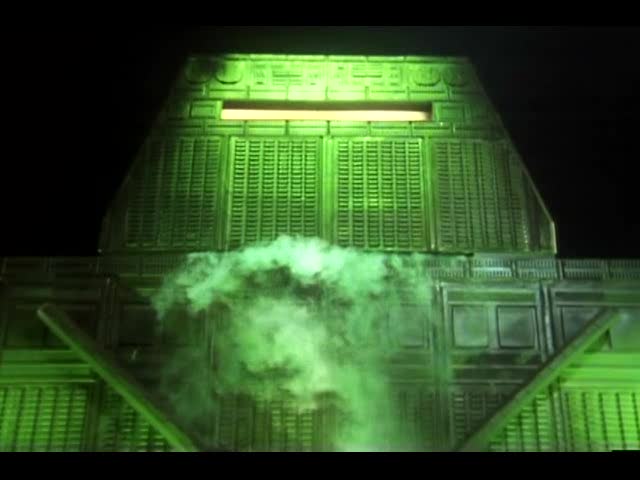
April 1, 2016, by Harry Cocks
Will Big Data “Disrupt” Historical Knowledge?
Arthur C. Clarke’s story The Nine Billion Names of God tells of a remote Tibetan monastery in which the monks have spent decades, perhaps centuries, listing the innumerable names of the deity with the aim of hastening the apocalypse. The narrator, a Western expert who has been asked to supply a powerful computer to help them complete the task, observes the curious project with a bemused detachment. That evening, returning home, he hears that the monks have finally finished their immense commission. He looks up at the night sky, and sees with some alarm that, one by one, the stars are going out.
Might digitisation and big data one day pose some similarly apocalyptic threat to historical knowledge and understanding, to the business of remembering and knowing? Michael Lynch’s new book The Internet of Us: Knowing More and Understanding Less in the Age of Big Data imagines a future society in which smartphones, with all their information gathering capacity, can be hooked directly into a person’s brain. This, he says, will alienate us from true knowledge by making us unable to develop independent criteria of judgement. Although Lynch’s scenario is a philosophical thought experiment, some people argue that this technology is not so far away. Google’s Larry Page has seen this future, and promises a sort of super-Wikipedia dialed into everyone’s consciousness. “Eventually,” Page says, “you’ll have an implant where if you think about a fact it will just tell you the answer.” What if all archives and printed sources were instantly accessible to anyone through digital open-access media delivered by just such personal technology? Given Page’s confidence about the future, the idea that history might in some sense be “completed,” or even have its sources “run out” is perhaps not as far-fetched as it at first seems. Dr Avril Zottin of the Rotterdam Future/Data Institute, a visiting fellow at Nottingham, argues in a new paper that we are on the verge of an era in which the digitisation of archival and print sources, and their ready and instant availability to all, will “disrupt” the process of writing and recording history as we now understand it. Instead of resting in the hands of professionals who have slogged through degrees, Ph.Ds and postdocs, all recorded history will be available to all those with reliable wi-fi and a clever keyword search. If, as Larry Page suggests, such technology were linked up to open-access archives and databases, then the entirety of the world’s historical knowledge could be instantly accessible. Although, at the moment, such databases are behind paywalls, Dr Zottin argues that the increasing demand for information – the widely-held tenet that “information wants to be free” – will ultimately ensure that access to such data becomes a democratic right. “People will want access to their history,” Dr Zottin suggests, “and if they are denied that, it will seem to be a denial of their humanity.” We have seen, she argues, the overwhelming disruptive power of digitisation in transferring power from traditional experts, so who can say that applying these forces to history and historians will not produce similar mind-bending results? The Royal Historical Society has appointed a new committee to look into these matters, staffed by the greatest historians of our day, Dan Snow, Jeremy Paxman, Boris Johnson, Jordan, and Alan Titchmarsh.
Michael Lynch, The Internet of Us: Knowing More and Understanding Less in the Age of Big Data (Norton, 2016)
http://www.amazon.co.uk/The-Internet-Us-Knowing-Understanding/dp/0871406616
Avril Zottin, “Digitisation and Disruption: the Future Demise of History”, Journal of the Future/Data Institute 14, 1 (March 2016)

Surely History, the discipline, is about interpreting the evidence, not just having access to it? That makes the historian more, not less relevant. For a science-fiction model try Iain M. Banks’ ‘Culture’ novels. Everyone is educated to a high standard and has a ‘neural lace’. This links them to the Culture’s internet equivalent. Being well educated, they evaluate critically what information they access and ‘learning’ and choices follow from that.